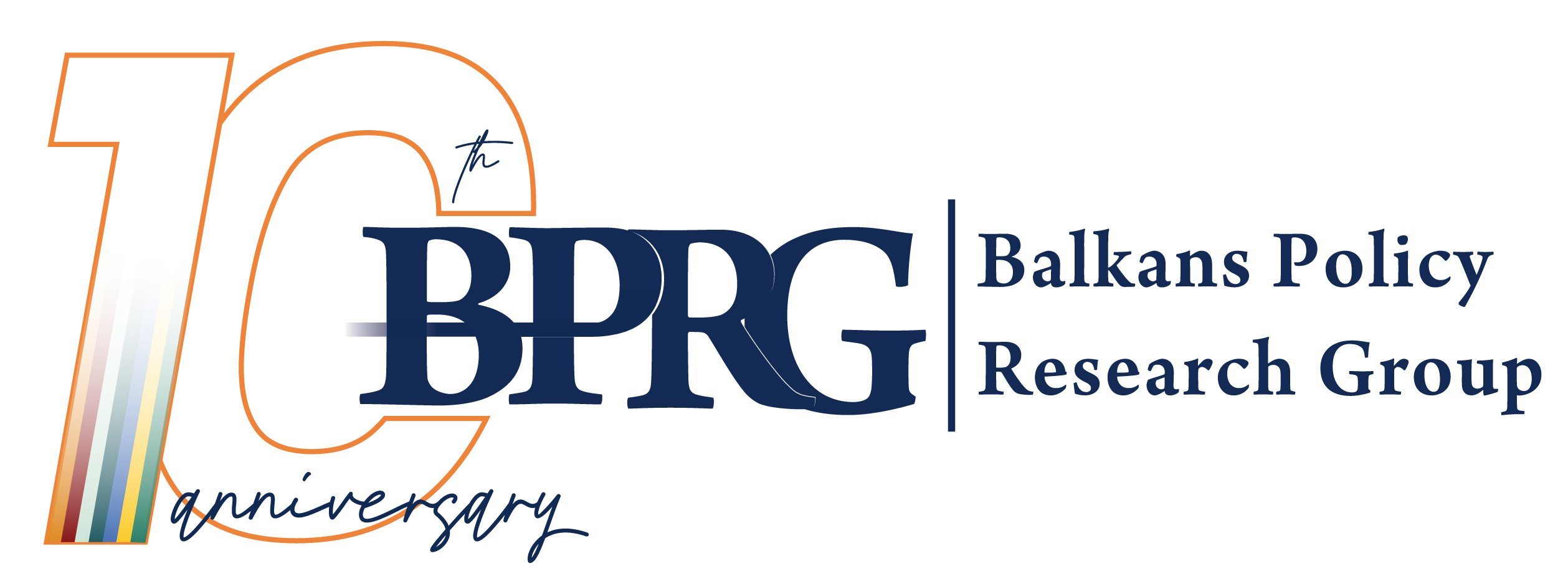The agreement on mutual recognition of the ADR Certificates (25 April 2016) between Kosovo and Serbia reached in Brussels with the facilitation of the EU, has contributed to the free movement of hazardous goods and allowed economic operation of Kosovo companies working in this sector, in line with European and international standards.
ADR Certificate (Accord Dangereux Routier; European Agreement concerning the International Carriage of Dangerous Goods by Road)is a document for drivers and vehicles transporting hazardous materials, which include hydrocarbons, as well as materials from the chemical and mineral industry.
Hazardous materials take a substantial place in the overall volume of Kosovo’s trading. Hence, this certificate is a necessary document to prove that the transporting vehicle meets the highest technical and safety standards for transporting hazardous material in a safe manner.
The recognition of the ADR certificates agreement is in line with the CEFTA principles and enables the free movement of hazardous materials between Kosovo and Serbia based on the ADR Convention.
Before the agreement, Kosovo transporters faced challenges and often were banned from transporting hazardous materials through Serbia or from other third countries. Mehdi, a truck driver of a private transporting company from Kosovo, caught on the road by the decision recalls, “I was in my usual route, and stopped at this restaurant…; two policemen entered, asked about the truck outside. After checking, they told me that I do not have all the required documents. I was surprised… I waited for several hours, but eventually, they let me go”.
ADR certificate issued in Kosovo is a document in line with the ADR UN treaty and with the international and European standards for safety in road transportation of hazardous materials. However, prior to this agreement, tankers of the Kosovo companies were restricted to transport hazardous material from and through Serbia, which caused significant financial loss to the companies, and in response, Kosovo rejected recognition of the Serbian certificates. Though parties failed to resolve this within CEFTA, the agreement was made possible with the EU-facilitated dialogue in Brussels.
Mutual recognition of ADR certificates is a support to the business community in the sector of hazardous materials. Removing business barriers supports the improvement of the business environment, stimulates the trade, crafts an ecosystem suitable for business-making, and is an incentive for direct international investments, contributing thus to sustainable economic growth and generating new jobs. In the annual Doing Business Report 2019 of the World Bank, Kosovo is ranked 44th, which compared to its 126th position in 2012, is a noticeable improvement.
With the agreement, parties commit to free movement of goods, including dangerous goods, without hindrance and in line with European standards, by mutually accepting all European standards for transporting dangerous goods. This commitment does not affect each party’s international obligations.
Three years after, Kosovo’s Ministry of Trade and Industry have reported no obstacles on the implementation of the agreement. Civil society organisations, such as KDI, have also confirmed the implementation of the agreement.
Mehdi, the driver caught in the midst of the “certificate clash” between the two authorities is now retired. His younger successor Bedri who just started working as a truck driver, says “It is a relief for me to know that all papers are in place, and I am free to distribute the goods; I can take the same route regularly, and safely. I am a young driver, and that suits me better”.
An owner of a gas company in Kosovo stated “I have my business for twelve years now. I have regular costumers that I want to keep satisfied with my services. During the blockage I had difficulties in meeting the demands of my consumers, to the point that the credibility of my company was jeopardised. It feels good to know that this segment of our business—making is regulated, and we feel free to do business outside of Kosovo, also through Serbia”.
According to Kosovo Tariff Code (HS-10) 2019, Kosovo has imported hazardous goods from Albania, Serbia, Bosnia and Herzegovina, Austria, Belgium, Denmark, UK, Estonia, and even as far as Costa Rica. Still the institutions need to inform companies more systematically and cooperate with them and with the transporters on the ADR rules and obligations. Informing the companies will further boost the current trend of commercial exchange of Kosovo with other countries.
Lulzim Krasniqi is an expert on European issues. He has extensive experience in public policy, sustainable development, economic reform and enabling of business environment. Krasniqi has worked on many projects in the public, private, international and civil society organisations.
This article has been produced with the financial assistance of the Royal Norwegian Embassy in Kosovo and the European Union. The contents of this publication are the sole responsibility of Kosovo-Serbia Policy Advocacy Group and can in no way be taken to reflect the views of the Royal Norwegian Embassy or the European Union.



